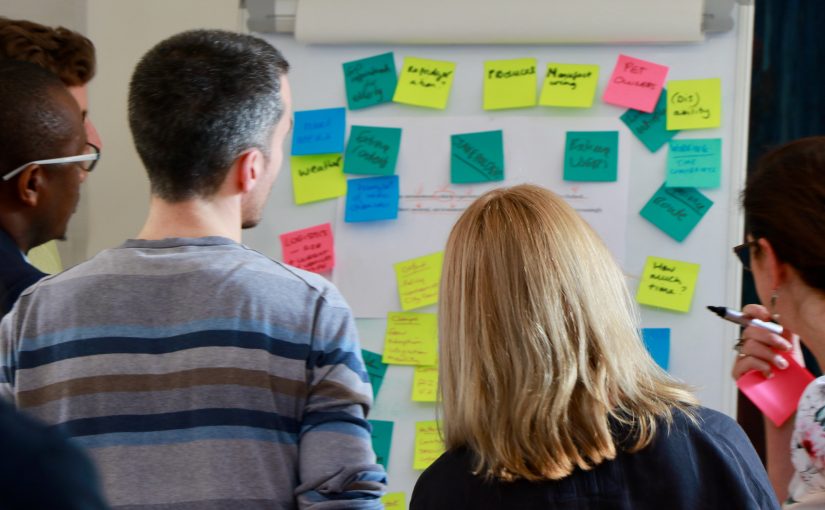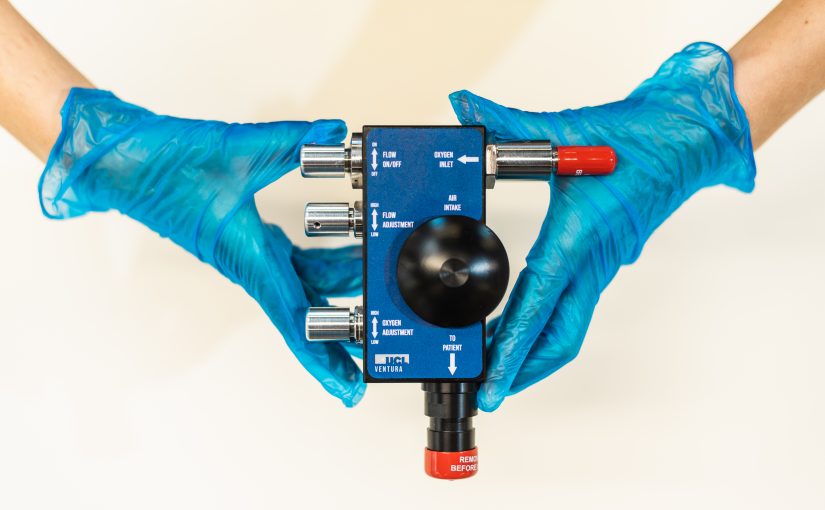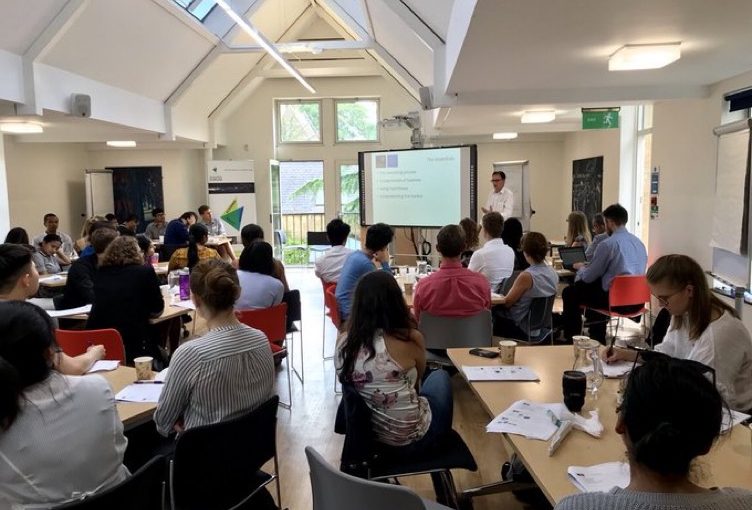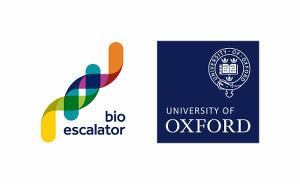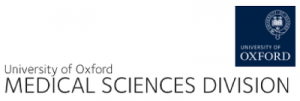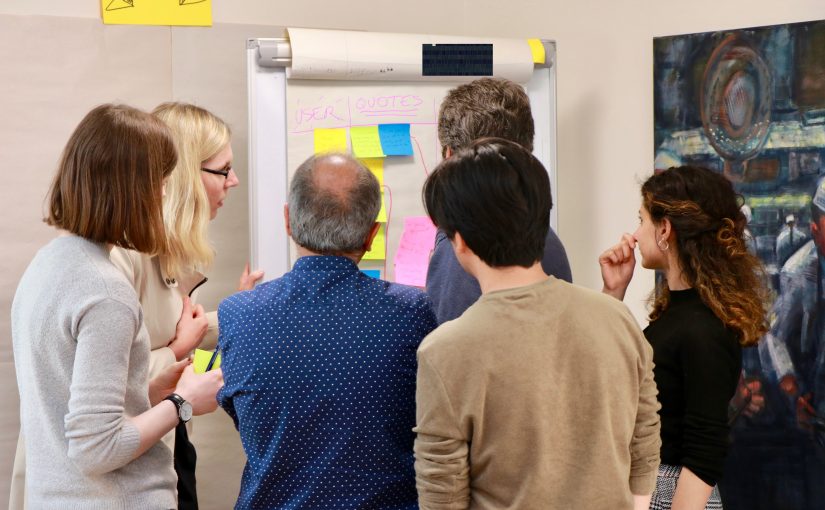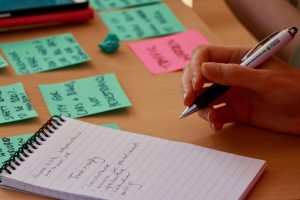Innovation Forum; a Boot camp for Business Builders
Innovation Forum Oxford (IFO) is a mission-led platform that has inspired, educated, nurtured, and supported entrepreneurially-minded scientists to take their science-based ideas from lab books to board rooms. One of a network of branches strategically located around the world, IFO is part of a network of more than 10,000 entrepreneurially–minded people, all seeking to build bridges between academics, industry leaders, investors, and policy makers. Together, we focus on the evolution and the future of today’s innovations; ranging from the nascent stage to the cusp of commercial applications. We deliver through three streams; local activities and workshops, a global accelerator known as IMAGINE IF! and an annual flagship HealthTech Leaders and Investors Conference.
At face value, IF is an accelerator, and many of our participants have built businesses that have attracted considerable investments. More broadly IF has contributed to the innovation and entrepreneurship space for almost a decade and supported hundreds of companies through their channels, occupying a reputable space in the very crowded world of accelerators.
However, for me, IF’s truly impactful legacy has manifested over the years in the talent of the associates, scientists at the grassroot, who run it. This, of course, was always the main impetus of IF, but it crystallised in hindsight as I share with you here, and in a series of profiles that will be published to celebrate these stars.
I had the privilege of witnessing the evolution of IF from its early stages and am proud to be considered one of the founders. I experienced the buzz and excitement of the initial meetings in London with my peers from across the UK and Europe, to exchange IF experiences and feed our ambitious IF vision. I lapped up the adrenaline-fuelled run-up to our flagship event ‘The Leaders Conference’, a concept that we, as a young group of scientists, have truly pioneered. In this format, we have gathered under the same roof both talented early career scientists and more experienced and revered academics from top universities, along with industry leaders, investors and policy-makers, to foster knowledge exchange and breakdown silos. We simply instigated the meeting of minds and capabilities that can only result in impactful collaborations informed by talent and need.
When my co-founders and I started IFO, a combination of intuition and belief in ‘the scientist’ gave us courage to re-evaluate academic research beyond the cycle of ‘publish or perish’. As scientists ourselves, we wanted to explore our place as highly-ambitious, highly-driven, highly-skilled, highly-creative, highly-analytical trainees in the world of innovation and entrepreneurship, which seemed to be hijacked by a particular archetype that scientists did not fit. Between academic weariness and a desire to do things differently, we were drawn to create and lead branches of Innovation Forum in Oxford and beyond to support our peers fulfil a potential hindered by limited horizons. Together, we are PhD students, post-docs and early-career professionals who volunteer our time with a common calling, in return for abundant rewards that are not palpable until that Eureka moment: a path that was never considered but now makes sense; a role that was thought unattainable pre-IF but now is within reach; a possibility of pivoting in a trajectory from a scientist with few conventional career paths to a visionary leader in the start-up and the investment worlds.
Join me in celebrating IFO and IF alumni and unravel together how they harnessed IF, not only as a platform to support their peers in their entrepreneurial ambitions, but most strikingly as their own springboard to shine as successful business builders themselves.
Our first profile is on Dr Danuta Jeziorska, co-founder of Innovation Forum Oxford and CEO of Nucleome Therapeutics. Read more here.

